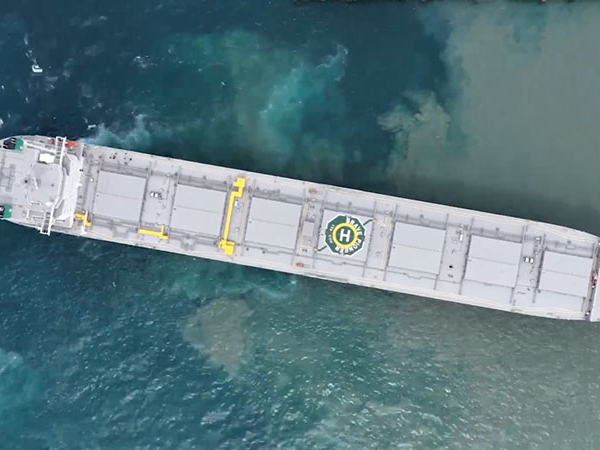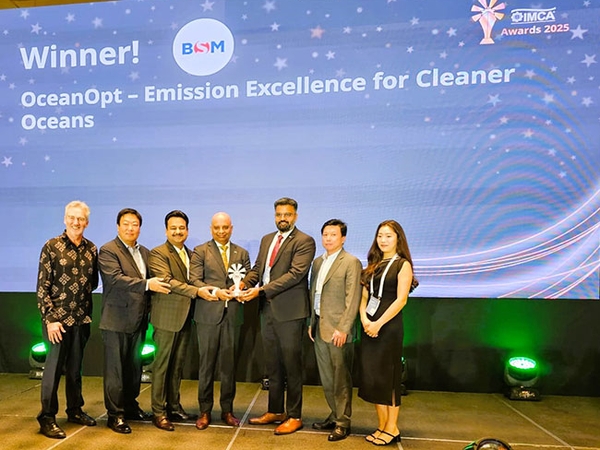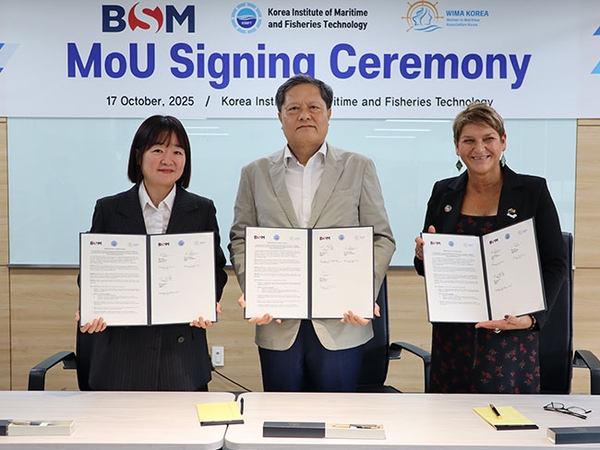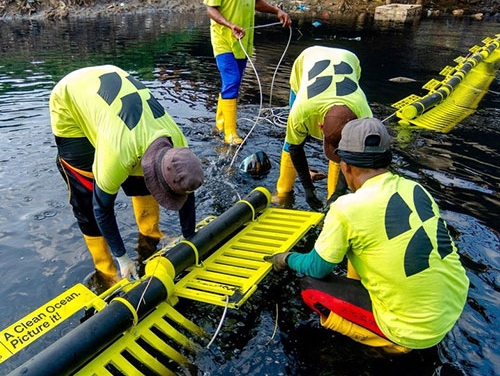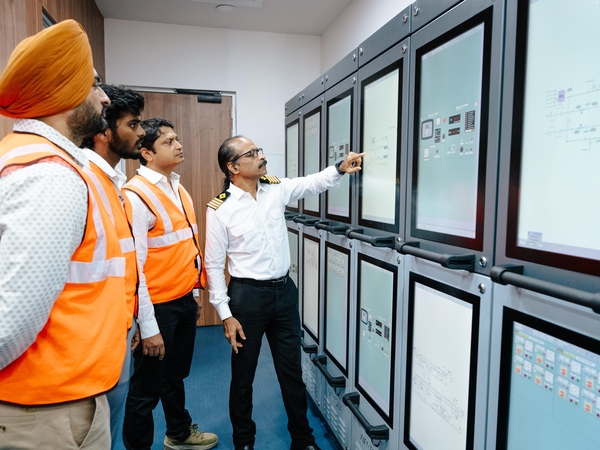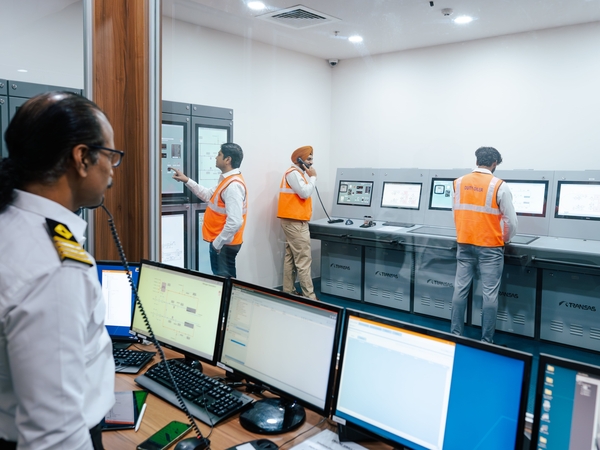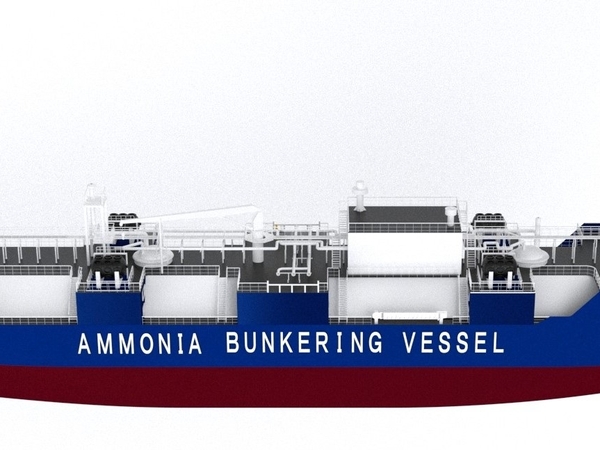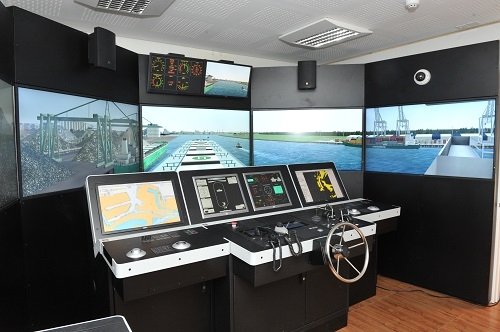
Training and the competency of today’s seafarers is an issue which is debated long and hard in the boardrooms and crewing offices of many of the world’s ship owners and managers. Yes, seafarers have to be trained to meet the terms of the STCW (Standards of Training, Certification and Watchkeeping) Convention, but does there need to be a mind-set change in the way the value of training is viewed?
The industry seems to think so and leading ship managers like Bernhard Schulte Shipmanagement (BSM) are at the sharp end of the process, recruiting the right people, training them to ensure they are fully competent to carry out their duties and to motivate them and reward their work, thus ensuring their talent and capability is retained for the benefit of the shipowner.
But when it comes to carrying out training, there are many tools available at the manager’s disposal. Not only shore-based and computer-based training, but also the use of simulators to accurately and effectively simulate expected situations onboard ship.
Highly sophisticated cargo-handling simulators are an important part of today’s training regime and, most recently, the programmes have been made compatible with laptop computers. This development has brought realistic simulation training within even easier reach of industry participants. Amongst other things, simulators enable students to practice various scenarios that would not be possible onboard a trading vessel.
The ability to train people ashore on the operation of unfamiliar equipment is a major bonus when new technologies are being introduced.
BSM is a major manager of tanker tonnage with over 160 such ships of varying types and sizes under management. And so the use of simulation is a key part of its training regimes, so much so that the company has invested significantly in developing this capability.
In June this year, BSM celebrated the opening of a new Full Mission Bridge and an Engine Room simulator for its training centre in Limassol, Cyprus.
The bridge simulator, which is the only one of its kind in Cyprus, consists of two separate 180 degree visualisation bridges fully equipped with various controls and systems, including ECDIS, RADAR/ARPA, VHF, bow and stern thrusters, simulated anchoring and mooring, use of tugs for berthing assistance, GMDSS radio communication, signalling equipment such as lights and shapes, steering gear and engine control.
This state-of-the-art technology will allow BSM to offer unparalleled training for the career development of its officers, as well as external training for participants in the region. Training will include STCW courses as well as tailor-made customer courses to the advanced level required for Deck and Engineer officers.
Trainers can select vessels from a library of 40 different ship types, operating in 25 sea and port areas. The Bridge Simulator also connects with the newly installed Engine Room Simulator enabling up to six students to train in ship’s manoeuvring and machinery operations on individual stations.
The Engine Room Simulator has two types of Engine models, a MAN B&W MC-90 and a Wartsila RT-Flex electronically controlled engine. It is also planned to upgrade the engine types later in the year with the addition of a MAN B&W ‘ME’ electronically controlled engine, similar to the RT-Flex, as fitted in many modern vessels. The touch screen panels and 3D engines allow students to ‘enter’ the virtual engine room, take pressure, temperature and gauge readings, open and close valves and trace faults on various machinery systems. The system also has a full electrical switchboard and generator room.
Via this training, nautical and engineering officers will gain knowledge and improve the skills required to serve on board in today’s advanced technology shipping environment.
John Pritchett, Corporate Manager HR Marine – Training and Development, said: “With training and the emphasis we place on career development of our sea staff being at the forefront of our philosophy, BSM has invested in its facilities in Cyprus with the addition of this new equipment. It takes the Centre to another level and further promotes BSM’s position as the leading training provider in the region. The investment also aligns the Centre in Cyprus with our training facilities in Manila and Mumbai”.
